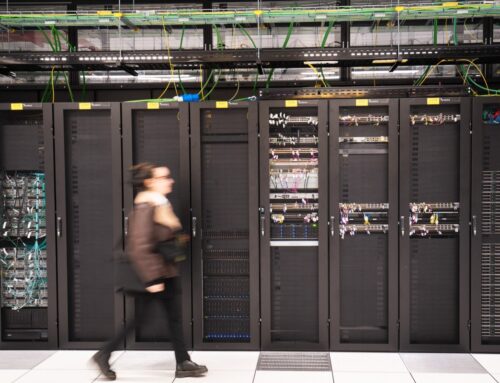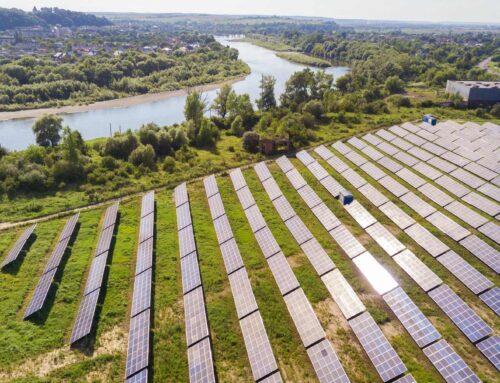Neighborhood Data Project Probes Environmental Challenges
October 31, 2025
Air quality, weather and flooding information and other data is serving as foundational research for an endeavor aimed at better understanding the environmental challenges faced by Baltimore neighborhoods.
The initiative is part of the Baltimore-Social Environmental Collaborative (BSEC), a project led by Johns Hopkins University, with Morgan State University (MSU) and others. The research and community partners learn from community members about climate and environmental challenges, and deploy technology to gather data and metrics for decision-making, education and programming for future climate mitigation projects. BSEC launched in 2022 with $25 million in funding, and is part of the Urban Integrated Field Laboratories (UIFL), a U.S. Department of Energy project.
“The idea is how do you monitor and measure these changes that are happening in the environment, and then how do you take a lot of this information and provide some decision support, knowing that there are going to be some needs for cities to adapt to climate,” said James Hunter, an MSU associate professor of civil engineering and principal investigator for BSEC with a focus on urban flooding and water quality.
BSEC spans multiple neighborhoods across Baltimore, centered on those that have been places of historical disinvestment, often through red-lining or other moves. The project has deployed sensors, weather stations and other infrastructure to assist in gathering data, which can be used to undergird arguments advocating for policy changes or grant-writing, organizers said.
“It’s important to understand the root causes of situations that we are trying to mitigate,” Samia Kirchner, MSU associate professor of architecture and urban design and BSEC community engagement theme team lead, said. “Because if we don’t understand the root cause, then we will continue to think with the same mindset that brought us here.”
BSEC has brought together scores of community members who have pointed out environmental issues, which often have long plagued their neighborhoods. Problems like chronic flooding, poor air quality and extreme heat are some of the areas where data is critical and has often been lacking, researchers said, leading to communities that continue to struggle.
“If our models aren’t comprehensive and including points from all communities, then they won’t be accurate, and the green strategies that we’re putting into place won’t be responsive,”Shamara P. Collins, an MSU research engineer in climate science and BSEC team member, said. “The goal, really, is to make sure that that data is being used in these models to frame them out. And data is key.”
The future of the five-year BSEC project is uncertain. The fourth year of its federal funding was reduced 75 percent, Hunter said, citing general shifts in policy priorities under the second Trump administration.
“Our last year of the project has essentially been discontinued or canceled,” he said. “So we’re now in the process of trying to wrap up a lot of our engagement.”
Officials with the U.S. Department of Energy could not immediately be reached for comment.
The goal now is to transition BSEC toward a more community-led endeavor, with universities and other partners continuing to play a role.
“Even though the funding is ending, we’re working and strategizing how we can continue to do a lot of the work we do as researchers, but also how we can continue that community engagement,” Hunter said.
When it comes to data, community members can continue to archive and store their own data, Collins said. “And we’ll teach them that process.”
“And then the final goal is that they take that analysis for grant-writing,” she said. “The custodians should now be able to keep their equipment, keep their data, and then make use of it.”
Search
RECENT PRESS RELEASES
Related Post




